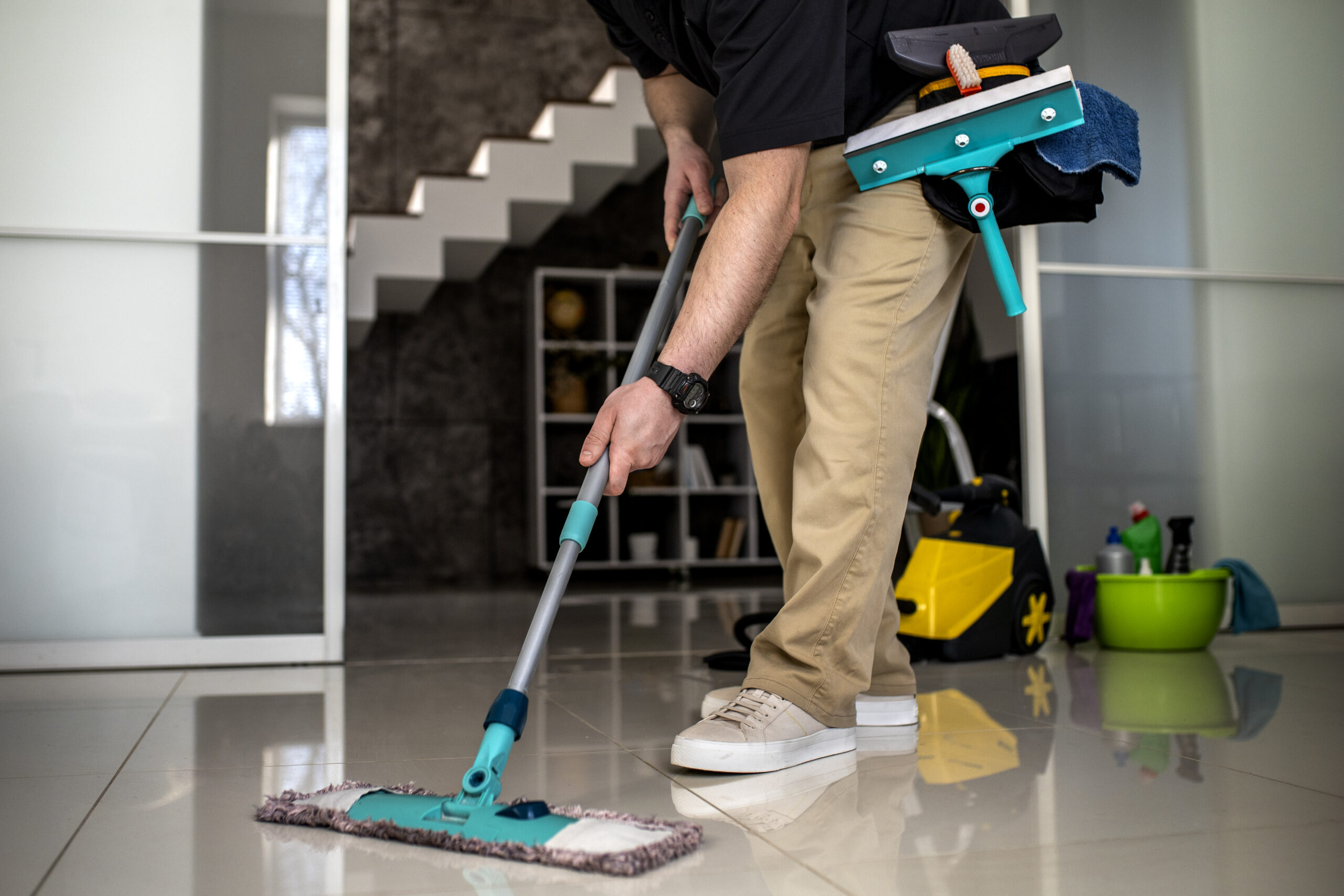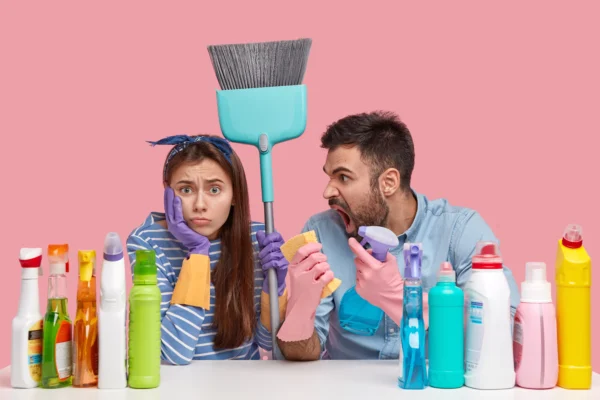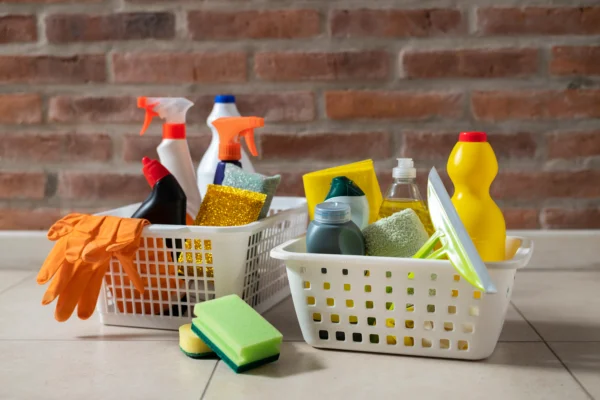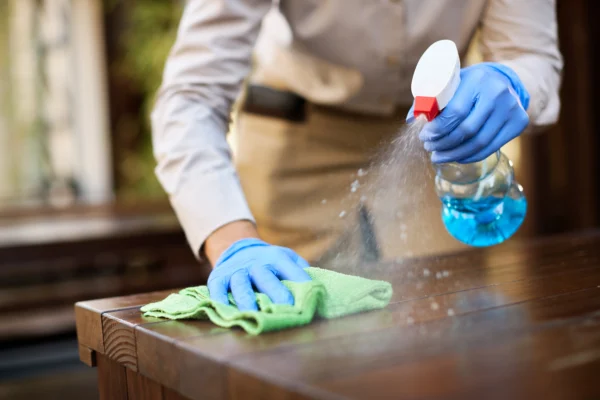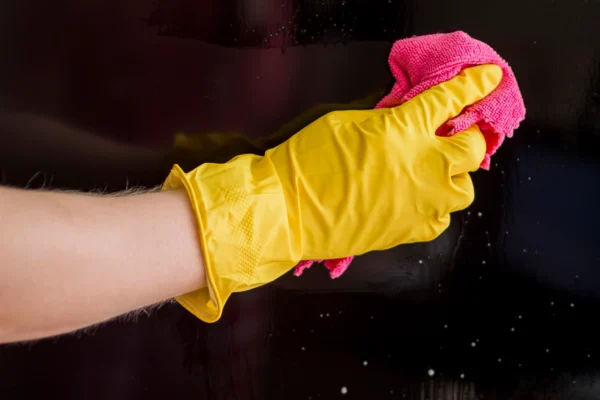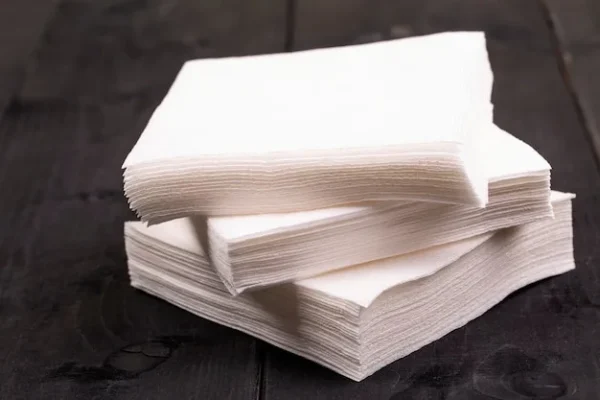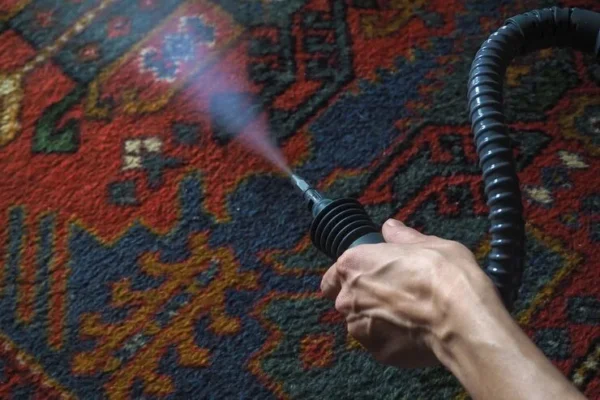Supplier Tips: Choose Quality Floor Cleaners for Tiles
When you are sourcing floor cleaners for tiles, especially for commercial settings, making the right choice matters from day one. Tiles installed in hospitality venues, aged-care, hospitals or high-traffic offices require cleaners that clean well, protect surfaces, and remain cost-effective. As a Floor Cleaner Supplier Australia, options abound, but understanding what makes a cleaner high-quality helps you avoid damage, reduce labour, and extend tile life while maintaining hygiene and appearance.
Why Quality Matters in Commercial Floor Cleaners
Tiles and grout are exposed to heavy wear, spills, moisture, and often harsh cleaning. If you use substandard or wrong cleaners:
- Floor surfaces can become dull, scratched, and stained.
- Grout may discolour, decay or harbour bacteria.
- Long-term costs increase via re-tiling or frequent repair.
Good commercial floor cleaner products protect tile surfaces, preserve grout, resist slippery residue, and ensure safety.
Key Factors to Evaluate Before Buying
Here are factors every buyer should consider when selecting floor cleaners for tiles:
- Tile Type Compatibility: Ceramic, porcelain, and natural stone (marble, slate, travertine) all respond differently to chemicals. Natural stone is sensitive to strong acids or harsh alkalis. For stone tiles, choose pH-neutral cleaners; for glazed ceramic, tougher formulas may work.
- pH Level & Chemical Strength: Mild or neutral pH cleaners are safer for daily use. Highly alkaline or acidic cleaners can clean stubborn deposits but risk damaging grout or finish if overused.
- Safety & Environmental Considerations: Choose cleaners with minimal fumes, low toxicity, and biodegradable ingredients. This is especially important in commercial premises where staff exposure is continuous. Also, verify certifications or labels where applicable.
- Ease of Use & Dilution Flexibility: Concentrates that allow adjustable strength are better: a strong mix for deep clean, a lighter one for regular maintenance. Dosing systems, easy-rinse formulas, and mop-friendly consistency add value.
- Slip Resistance & Residue: After cleaning, floors should not be slippery. Choose cleaners that rinse clean, leave no film. For tiles with gloss or textured finishes, testing is essential.
- Long-Term Protection of Grout & Tile Finish: Some products include sealers or protective agents, or recommend periodic sealing (for natural stone). Using a proper cleaner protects sealant layers.
Practical Buying & Usage Tips
- Test first: Always trial a cleaner on a small hidden area to see the effects on finish and grout colour.
- Follow manufacturer instructions: dilution ratios, contact time, mop type all affect the result.
- Routine maintenance vs deep cleaning: Use milder cleaners regularly; reserve heavy-duty cleaners for periodic, intense clean‐ups.
- Tool quality matters: Clean microfiber mops, soft brushes, and avoid abrasive pads unless specifically required.
How to Choose From Australian Suppliers
- Check if the supplier is a reliable Floor Cleaner Supplier Australia locales trust: product variety, technical data sheets, safety info.
- Evaluate customer support: can they advise which cleaner suits specific tile types?
- Confirm local compliance: labeling, safety, and chemical standards in Australia.
Conclusion
Selecting the right floor cleaners for tiles in commercial environments is more than picking a strong cleaner. It’s about matching tile type, ensuring safety, protecting appearance, and managing costs over time. When you choose commercial floor cleaner products that respect pH levels, recommend proper tools, and support correct use, your tiles last longer, look better, and cleaning becomes less of a burden. If you need help selecting the best cleaner, working with a trusted Floor Cleaner Supplier Australia can make that difference.
Visit our website to explore the most effective commercial floor cleaner products for your tile type and get a tailored recommendation.
FAQs
- What pH should I use for most tile floors?
Use a neutral to mildly alkaline cleaner (pH 7-10) for everyday cleaning. Acidic cleaners are only for specific tough stains. - Can one product work on several tile types?
Yes – if it is formulated for versatility (“stone & tile cleaner”) and labelled safe for natural stone, ceramic, porcelain. - How often should deep cleaning be done?
For heavy traffic areas, deep cleaning every 1-2 months; regular maintenance weekly or bi-weekly with commercial floor cleaners. - How do I know a cleaner is good from a supplier?
Look for full technical data sheets, label compliance, stain and slip tests, and clear guidance on dilution and safety.
